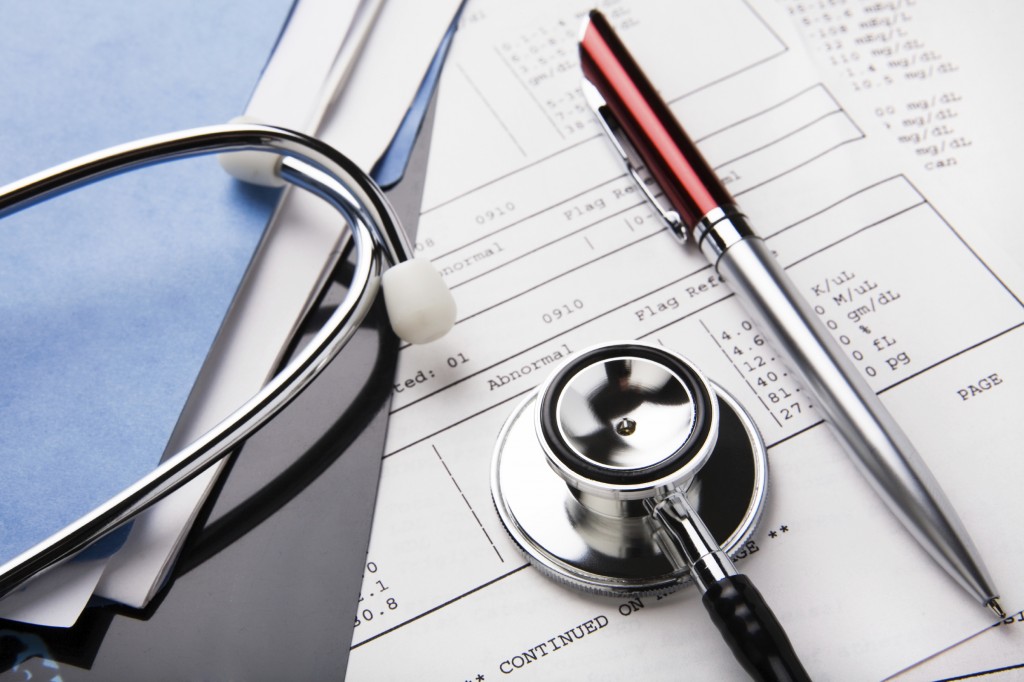Start your studying NOW
How to prime your NAC studying success in 3 easy steps
Ultimately, your success is in reach. The NAC, much like the LMCC and all OSCE style exams that you will encounter in Medicine are very easy to master. The secrets behind your success will be ifound the strategies you chose to implement NOW. The scooner you set the groundwork for your study habits, the sooner you can implement them into a succesful routine that WORKS.
The mechanics of your studying is just as important as the content you study.
So without further ado, please see below the study tips for success with NAC
- How? Schedule:You very likely, while waiting to do the NAC are working a full time job. The first key to success for studying is to start NOW. Print off a calendar or find an agenda and make a schedule and stick to it. In this schedule, outline specific time that you are going to dedicate to your studies. There are 5 forms of studying that I will outline below that you will need to plug into this schedule. On top of this, write breaks into your study schedule, nothing is more discouraging than burn out and going blanking on content – so make a schedule and stick to it, breaks included.
- Where? Find a Space that works for you It is extremely important for you to find a space that has a strong balance of distraction and complete concentration. Beginning now, start to feel out where you find the best space for optimal focus. Some locations I have found successful include :
- Coffee shop
- Outside
- Library
- Home
- Friend’s house
The biggest thing to remember is that if it doens’t work change it up. With long-haul studying you want to keep locations fresh if they start to stagnate, the last thing yu want is to find yourself doing busy work rather than focusing on the content.
- Who ? Studying solo or in a gorup is a completely personal decision. I have found that a good balance of both delivers excecllent results in the NAC. I used a hybrid method that was very helpful, I first covered all the necessary material on my own, highlighting relevant inforamtion. The videos that I have developed here will be an excellent resource for you in thsi independent phase. Next, I used groups to help augment my independent studies. You too may find it helpful to work in groups and talk through difficult to remember and points and role play various OSCE exam scenarios – taking turns being patient and physician – this gives you the exposure to the material from two different perspectives. Depending on your personality, if you start early enough, you will be able to feel out the balance that is best for you. Some thrive in group environments while others may find that solitude is the best answer.
*Keep in mind that the subjects you are working on, the timing of your studies and your personal schedule ( as outlined in point 1) will play an integral role in if you study with others.








